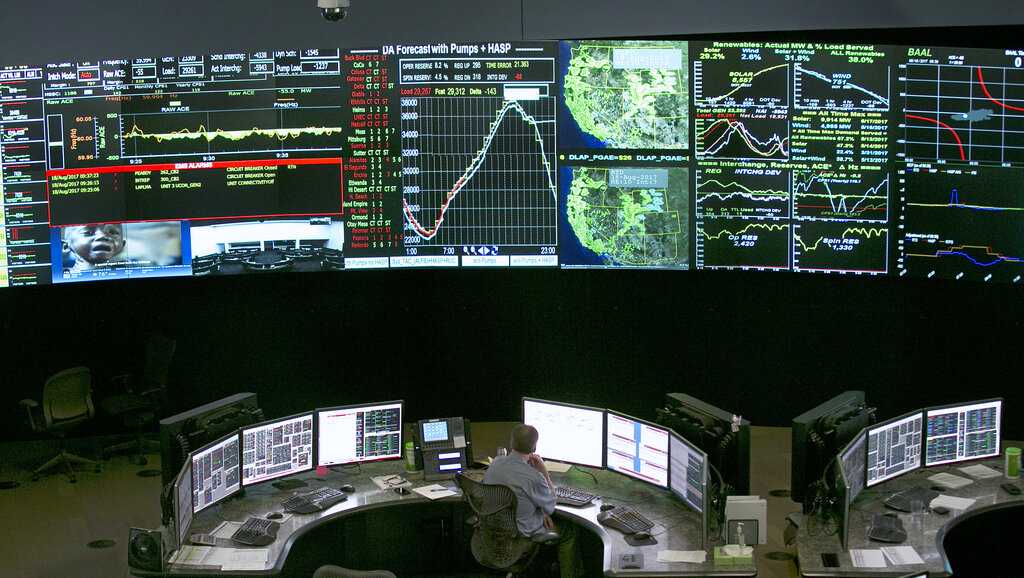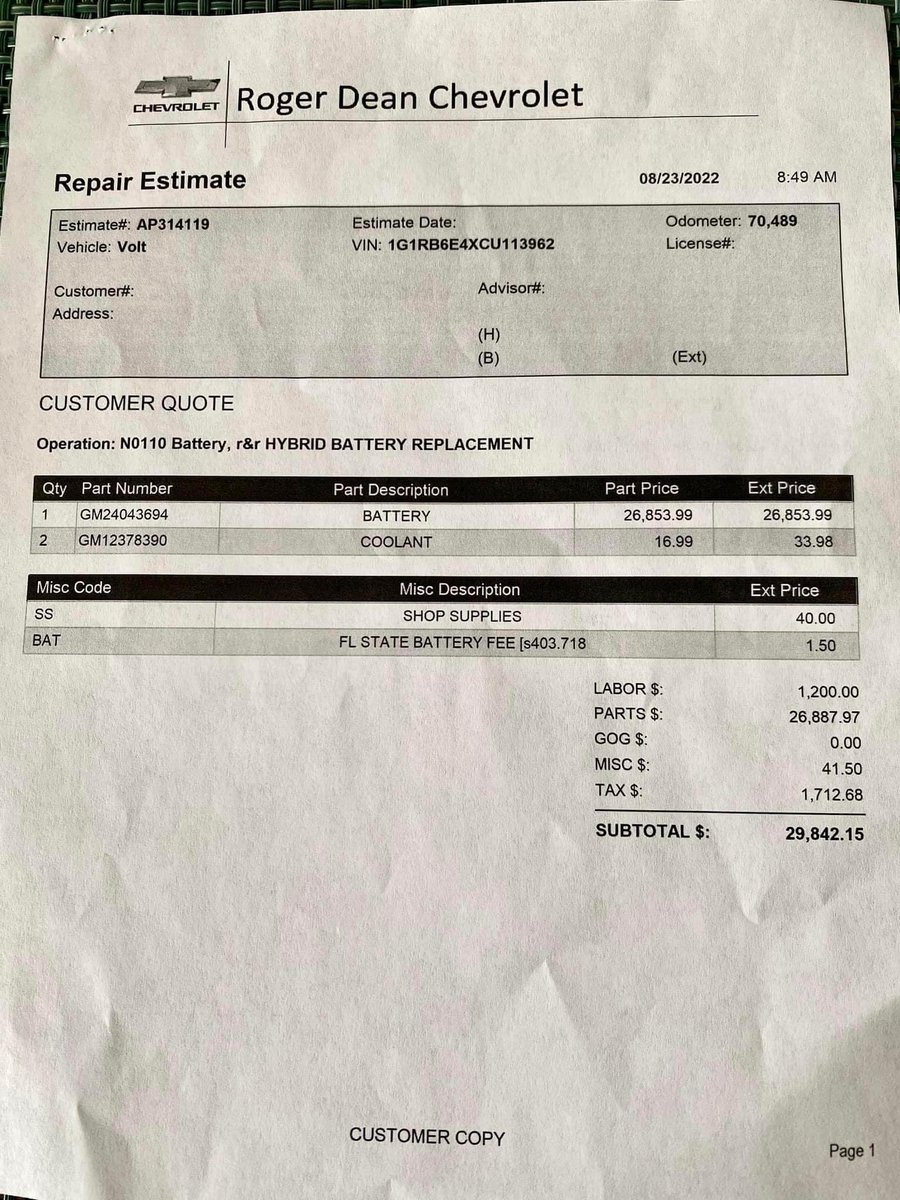I was going to put together some long-winded rebuttal but then decided to let this speak for itself:
My understanding is that EVs and hybrids get about maybe 80,000 to 100,000 miles or so before the battery needs to be changed. Admittedly, most batteries aren't as expensive as noted above but they ain't cheap either. I checked and the NiMH battery in a Toyota Sienna goes for a cool $6,500+.
As far as the grid, no hand wringing here - it's a fact, the infrastructure does not exist to charge large numbers of electric vehicles. Apartment complexes, hotels, even streets are going to have to have charging stations installed, and then there are the issues with maintaining all that charging infrastructure...to say nothing of all the additional power generation equipment required. Sure, it all can be built - but the cost will be reflected in future electric bills.
Oil wars will be replaced by lithium wars.


